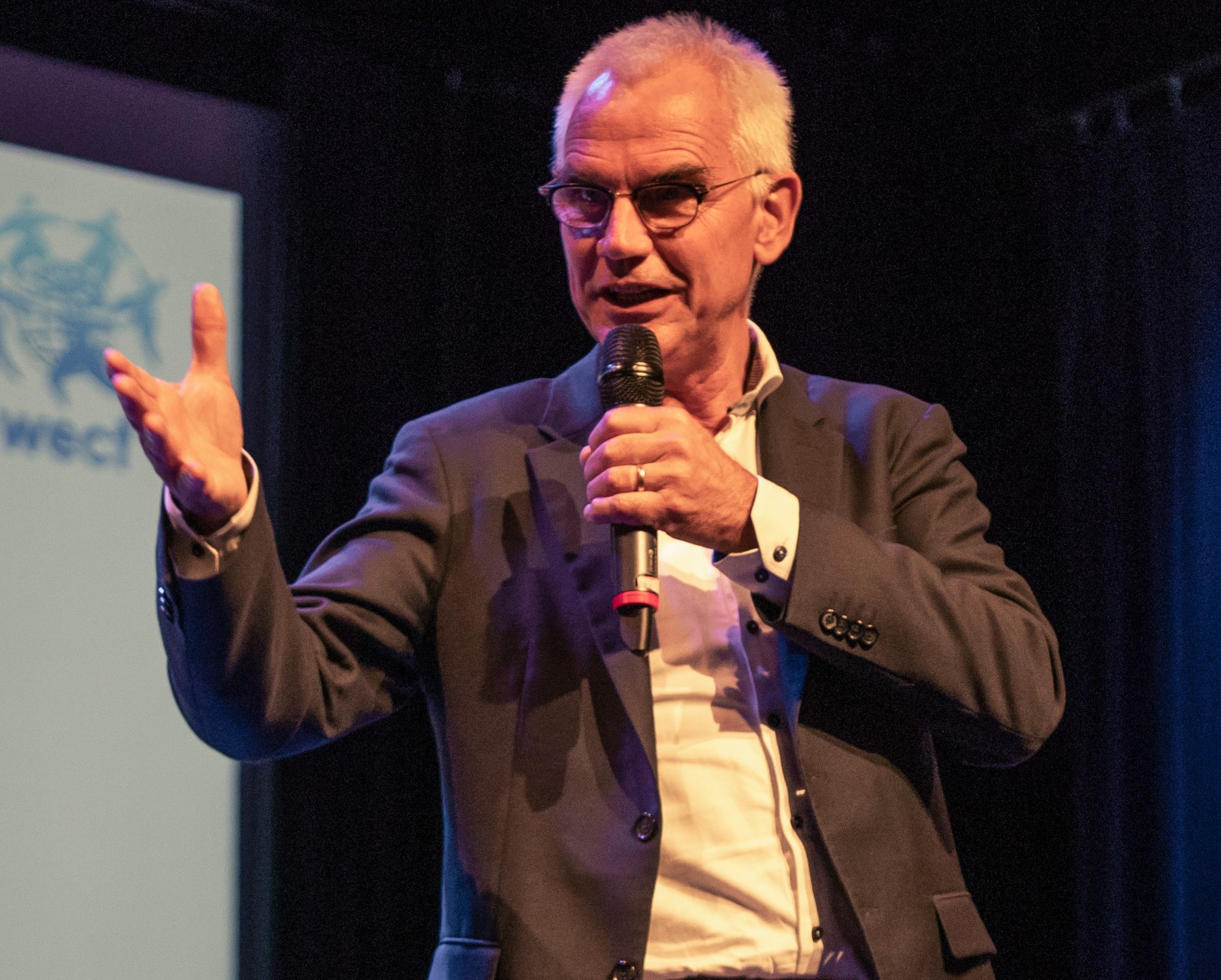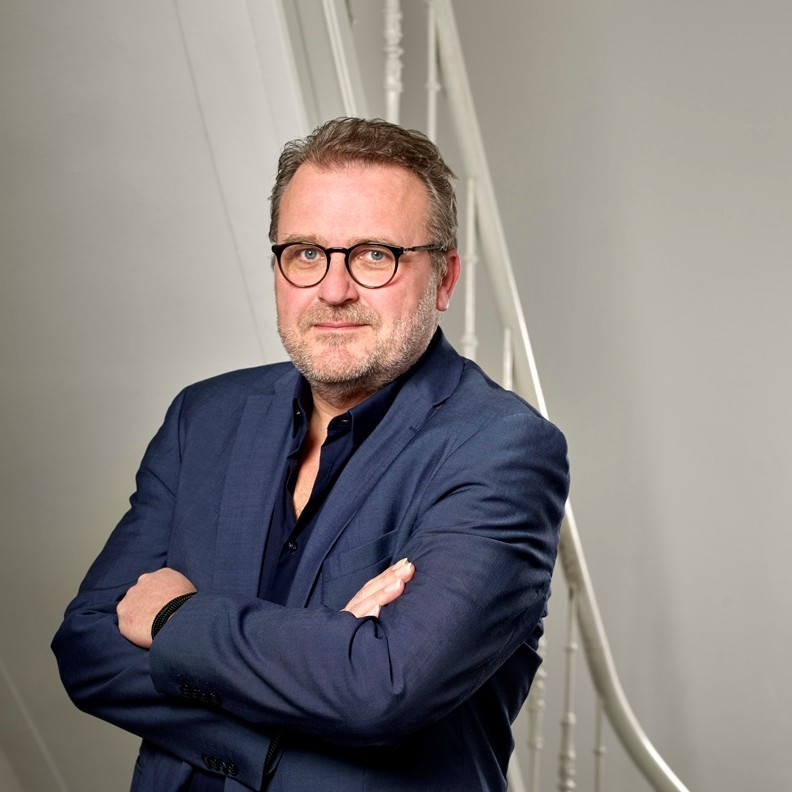
Corona Insights: The need for optimism in times of crisis
Jacco van der Tak: “Creativity is necessary now in this crisis to come up with solutions and make things possible that we never thought were possible.”
Issue makers Sybrig van Keep, Bas Lans and Noor Broeders talked to Jacco van der Tak, Director of Corporate Affairs & Communications at the Dutch Railways. Despite the many challenges this crisis brings, he remains optimistic, but he calls this a dire necessity.
As part of the vital sector, the work of Jacco van der Tak, Director of Corporate Affairs & Communications at the Dutch Railways, has not come to a standstill. On the contrary, it is a time of both-and-and. Challenging, yes. In addition to maintaining basic systems, usual activities and decision-making, the corona crisis also requires significant work in the field of safety and (crisis) communication. Issues surrounding the safe and responsible scaling up and down of services and the associated costs alternate with the continuous switching between outside and inside and therefore external and internal dialogue. But Van der Tak doesn't give up, he prefers to look ahead.
Van der Tak: “The crisis is unprecedented, first of all in terms of public health, but certainly also in terms of pressure and damage to the economy. NS is a social enterprise that feels these significant implications. Based on current insights, the impact on NS this year alone is more than 1 billion euros negative. We currently think that we will also see effects on traveler behavior in the coming years. But I don't think resigning myself to that is very constructive. The question is more: 'how do we get through this together and, above all, how do we ultimately come out of this better?' Am I optimistic? Yes, but I call that more of a dire necessity.”
The importance of internal communication
The NS is currently conducting many external discussions with other public transport companies, traveler organizations, ministers and ministries, ProRail, the European Commission and decentralized authorities. However, Van der Tak emphasizes that this crisis also has a major impact on people within the company and that good internal communication is therefore essential. Because some employees have become more remote and work from home and others are still physically present at stations, for example, it is important to guarantee interconnection within the company, and to make this really felt by all employees. According to Van der Tak, webinars to enter into dialogue, sympathetic card-sending campaigns by colleagues to show commitment and spontaneous calling initiatives crisscrossing the company are “wonderful examples that are currently essential for the solidarity and resilience of the company.” company". Jacco van der Tak and the board of directors also contribute to this by calling ten employees every day "that strengthens the feeling of solidarity: we can handle this together, stronger together!".
A crisis speeds things up
Outside of that, he notices that a crisis accelerates certain processes because people now have to communicate quickly, inventively and intensively with each other. Van der Tak: “Normally you are sometimes stuck in positions, you look at what is behind that position and are our interests compatible or not? That takes time. That time is now lacking.” For many parties he works with, information develops every day and there is therefore no room to go through everything in detail. Naturally, dialogue with partners requires care, but according to Van der Tak there are also positive aspects to it: it quickly establishes new relationships because everyone shows a great willingness to work together efficiently. Furthermore, this crisis not only offers opportunities in the field of cooperation, but also shows new possibilities for existing structures and habits. Van der Tak: “Is traveling during rush hour still necessary or are we going to learn from this crisis that it is not necessary and make changes? We closed intelligently, and so we must also open intelligently again. And then it is important to take certain positive developments in this crisis into the era after the crisis.”
Looking ahead together
The trick is to do things in that recovery phase that ultimately make society better and more sustainable. Important themes for Van der Tak include further improving international train travel, the revaluation of the public interest and the possibilities for spreading passenger flows. Crucial for this is to all look further, “and to mention the importance of creativity in order to come up with solutions and make things possible that we never thought were possible”. In addition to a recovery agenda, it remains important to work on a healthy ambition for the mobility sector. Consider, for example, the continued need for investments in infrastructure to facilitate sustainable mobility in the future. As far as Van der Tak is concerned, these investments are also important as economic structure reinforcement. Right now.





